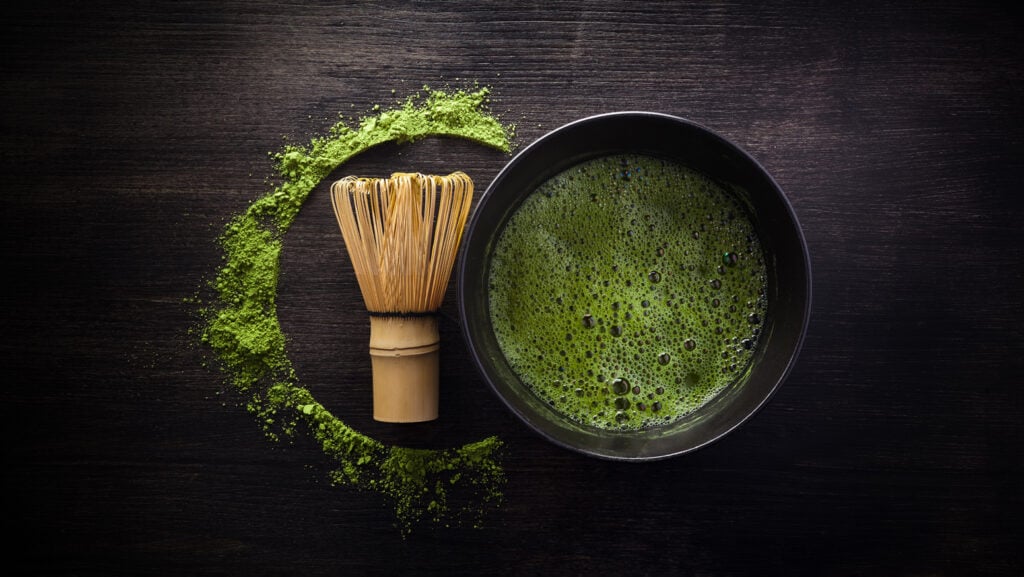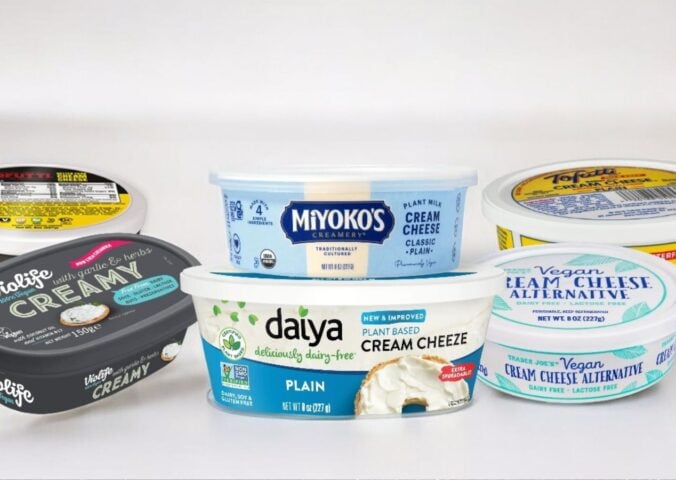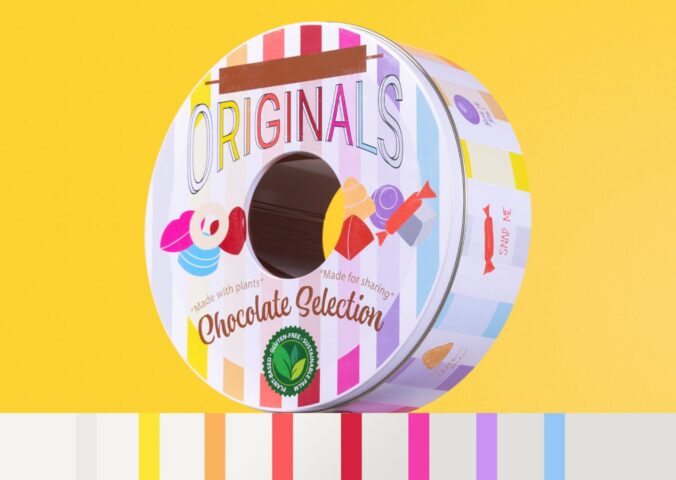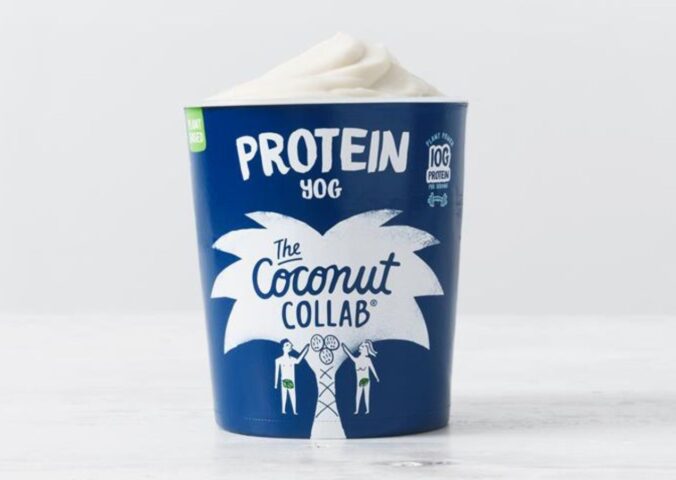Matcha Green Tea has risen in popularity thanks to the internet and social media. It is now described as a superfood and praised for its numerous health benefits.
The most significant difference between Matcha green tea and regular green tea is its growth and extraction method.
What is Matcha Green Tea?
Green tea is originally from China, but later after its introduction to Japan in 1191, it became less famous in China. The Japanese embraced the tea and used it in their tea ceremony, which they still do.
This green tea is grown under a natural bamboo shade which forces it to struggle and produce chlorophyll. The leaves are then harvested, steamed, and stone-ground to make a fine powder, unlike green tea, where the leaves are boiled and thrown out. Matcha green tea has been seen to have more beneficial properties since we consume the whole leaf.
Is Matcha Green Tea Healthy?
Compared to other teas, Matcha green tea has a lower caffeine level but still higher than green tea. There are proven health benefits of this tea which include:
Lowers blood pressure and reduces the risk of developing coronary heart disease. Studies comparing green tea and black impact on blood pressure showed that green tea reduces Coronary Artery Disease (CAD). Green tea has the effect of lowering blood pressure hence the lower chances of CAD.
According to a study, taking one cup of green tea a day was associated with a 10% lower risk of coronary disease. In an experiment, following a group of people for eleven years and another for seven years. The results showed that green tea consumption lowers the chances of dying from cardiovascular disease.
Green tea extract maintains vascular tone, improves ventricular function, increases nitric oxide production, and decreases oxidative stress—all of these help lower blood pressure and keep you healthy.
Green tea has anti-inflammatory properties. Rutin, a compound in green tea that helps in sealing blood vessels, has anti-inflammatory properties and supports the immune system. Rutin also slows down the oxidation of vitamin C. The best plant source of Rutin is Matcha tea consumed as a drink.
High antioxidant properties are in Matcha tea infusions. I know you’re wondering how this could be of help. Matcha tea has high polyphenol compounds (which contain Catechins which contain epigallocatechin gallate), which are potent antioxidants.
Epigallocatechin Gallate is also found in green tea as antioxidants that fight cancer. That’s right! But to get these exact compounds from Matcha tea, you have to brew it at a hundred degrees Celsius for between five to ten minutes. The result of this is high polyphenols production levels, which we need to fight cancer properties in our bodies.
Weight loss
Matcha tea provides a burst of energy. If you’re someone who needs caffeine in the morning, this tea is a better substitute. It boosts your energy without inducing too much caffeine while giving an array of health benefits.
Matcha tea helps in weight loss. Due to polyphenol Epigallocatechin Gallate (EGCG) presence, there will be an increase in your metabolism rates.
Green tea reduces cholesterol levels. A study showed that green tea beverages consumption led to the decrease of LDL-cholesterol concentration and serum TC in the body.
It reduces stress and anxiety levels. EGCG in Matcha tea helps in lowering stress levels in humans. To get a high-quality Matcha with this effect, it has to have no additives and low caffeine levels compared to theanine.
According to research, 42 percent of Matcha tea found in Japan can reduce stress and anxiety compared to only one brand found abroad. Make sure your ingredients are on point, and the tea is organic for it to work.
Is Matcha Green Tea A Superfood?
Now, this is a question that has only one answer, which is ‘yes’. Matcha is a superfood. All its potential benefits are too many not to consider it as a superfood. Beverages are a daily consumption, and you can Matcha tea as a preference as it is very beneficial for your health.
Most of the research about Matcha and green tea is still underway. But according to observations of people consuming the tea regularly and those who don’t, they’re healthier. So if you are not on the consuming end, you probably should get on board.
Use code PLANT for five percent off Pique’s Matcha Green Tea
This article contains affiliate links. You can read our Affiliate Policy here.






